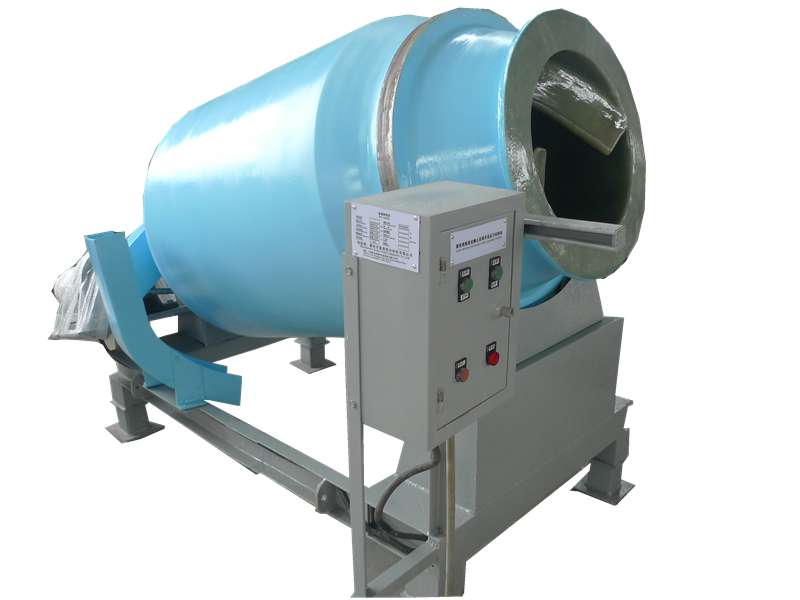
-
 Afrikaans
Afrikaans -
 Albanian
Albanian -
 Amharic
Amharic -
 Arabic
Arabic -
 Armenian
Armenian -
 Azerbaijani
Azerbaijani -
 Basque
Basque -
 Belarusian
Belarusian -
 Bengali
Bengali -
 Bosnian
Bosnian -
 Bulgarian
Bulgarian -
 Catalan
Catalan -
 Cebuano
Cebuano -
 China
China -
 China (Taiwan)
China (Taiwan) -
 Corsican
Corsican -
 Croatian
Croatian -
 Czech
Czech -
 Danish
Danish -
 Dutch
Dutch -
 English
English -
 Esperanto
Esperanto -
 Estonian
Estonian -
 Finnish
Finnish -
 French
French -
 Frisian
Frisian -
 Galician
Galician -
 Georgian
Georgian -
 German
German -
 Greek
Greek -
 Gujarati
Gujarati -
 Haitian Creole
Haitian Creole -
 hausa
hausa -
 hawaiian
hawaiian -
 Hebrew
Hebrew -
 Hindi
Hindi -
 Miao
Miao -
 Hungarian
Hungarian -
 Icelandic
Icelandic -
 igbo
igbo -
 Indonesian
Indonesian -
 irish
irish -
 Italian
Italian -
 Japanese
Japanese -
 Javanese
Javanese -
 Kannada
Kannada -
 kazakh
kazakh -
 Khmer
Khmer -
 Rwandese
Rwandese -
 Korean
Korean -
 Kurdish
Kurdish -
 Kyrgyz
Kyrgyz -
 Lao
Lao -
 Latin
Latin -
 Latvian
Latvian -
 Lithuanian
Lithuanian -
 Luxembourgish
Luxembourgish -
 Macedonian
Macedonian -
 Malgashi
Malgashi -
 Malay
Malay -
 Malayalam
Malayalam -
 Maltese
Maltese -
 Maori
Maori -
 Marathi
Marathi -
 Mongolian
Mongolian -
 Myanmar
Myanmar -
 Nepali
Nepali -
 Norwegian
Norwegian -
 Norwegian
Norwegian -
 Occitan
Occitan -
 Pashto
Pashto -
 Persian
Persian -
 Polish
Polish -
 Portuguese
Portuguese -
 Punjabi
Punjabi -
 Romanian
Romanian -
 Russian
Russian -
 Samoan
Samoan -
 Scottish Gaelic
Scottish Gaelic -
 Serbian
Serbian -
 Sesotho
Sesotho -
 Shona
Shona -
 Sindhi
Sindhi -
 Sinhala
Sinhala -
 Slovak
Slovak -
 Slovenian
Slovenian -
 Somali
Somali -
 Spanish
Spanish -
 Sundanese
Sundanese -
 Swahili
Swahili -
 Swedish
Swedish -
 Tagalog
Tagalog -
 Tajik
Tajik -
 Tamil
Tamil -
 Tatar
Tatar -
 Telugu
Telugu -
 Thai
Thai -
 Turkish
Turkish -
 Turkmen
Turkmen -
 Ukrainian
Ukrainian -
 Urdu
Urdu -
 Uighur
Uighur -
 Uzbek
Uzbek -
 Vietnamese
Vietnamese -
 Welsh
Welsh -
 Bantu
Bantu -
 Yiddish
Yiddish -
 Yoruba
Yoruba -
 Zulu
Zulu
Benefits and Applications of Fiberglass Tanks in Various Industries
The Versatility of Fiberglass Tanks
Fiberglass tanks have emerged as a popular option for various applications due to their durability, corrosion resistance, and lightweight properties. These tanks are manufactured using a process that involves the combination of glass fibers and a resin, creating a composite material that is significantly stronger than either component alone. This unique construction grants fiberglass tanks an array of advantages in diverse industries, ranging from agriculture to water treatment and industrial storage.
One of the primary benefits of fiberglass tanks is their corrosion resistance. Unlike metal tanks, which are prone to rust and degradation over time, fiberglass tanks are impervious to many chemicals and environmental factors. This makes them especially useful for storing corrosive substances, such as acids and industrial chemicals. Moreover, fiberglass tanks can withstand extreme temperature variations, enabling them to maintain structural integrity in harsh conditions, whether hot or cold.
The lightweight nature of fiberglass is another significant advantage. Traditional storage tanks made from steel or concrete can be heavy and cumbersome, making installation and transportation costly and labor-intensive. In contrast, fiberglass tanks are much lighter, allowing for easier handling and reduced transportation costs. This property adds to their appeal for agricultural applications, where tanks may need to be moved frequently among different locations.
fiberglass tank

Another compelling point in favor of fiberglass tanks is their resistance to UV radiation. Tanks installed outdoors are subjected to sunlight, which can degrade other materials over time. However, fiberglass tanks are designed to withstand UV exposure without deteriorating, ensuring that they maintain their integrity and functionality for years. This durability leads to lower maintenance costs, as there is less need for repairs or replacements compared to other tank materials.
In addition to their practical benefits, fiberglass tanks offer flexibility in design. They can be molded into various shapes and sizes to meet specific storage needs, whether for water, chemicals, or other liquids. Customization options allow businesses to choose tanks that fit perfectly within their operational space, reducing waste and optimizing storage efficiency. This adaptability makes them a preferred choice for a wide range of industries, including agriculture, construction, and waste management.
Environmental considerations are also becoming increasingly important in the choice of storage solutions. Fiberglass tanks are often manufactured using environmentally friendly processes, and their longevity contributes to sustainability by reducing the frequency of replacements. Moreover, some fiberglass tanks include features that allow for easier recycling at the end of their lifecycle, further reducing their environmental footprint.
In conclusion, fiberglass tanks represent a versatile, durable, and cost-effective solution for a variety of storage needs. Their resistance to corrosion and UV radiation, combined with lightweight properties and flexibility in design, make them suitable for numerous applications across different industries. As businesses seek ways to enhance efficiency and sustainability, fiberglass tanks continue to gain recognition as a reliable option for safe and effective storage of liquids. Whether for agricultural needs or industrial applications, the advantages of fiberglass tanks demonstrate that they are indeed a valuable asset in today’s marketplace.









